Related Posts


CEA and NSTAR begin small business canvass
This summer (July 6-22) CEA and NSTAR will be reaching out to Cambridge’s small business community to promote energy efficiency measures and accompanied incentives. The Cambridge commercial canvass is made possible through a partnership with Northeastern University’s Summer Discovery program which is supplying six volunteers for the duration of the small commercial campaign. After several days of training, volunteers will visit Cambridge’s small businesses establishments, and alert businesses of money-saving opportunities in their buildings.
Businesses that implement qualified energy efficiency improvements will be eligible to receive a window sticker certifying them as a Green Business Leader. Benefits incurred from energy efficiency improvements include: using less energy, saving money, catching up on deferred maintenance, and improving comfort and productivity of staff and customers.
The Cambridge Energy Alliance (CEA) is a community-based nonprofit organization sponsored by the City of Cambridge that helps residents and business owners invest in making their homes and buildings work smarter and more efficiently-saving energy, water and money. CEA aims to tackle building inefficiencies because 80% of the greenhouse gas emissions in Cambridge are from buildings, and over 60% of those emissions come from the commercial sector. In order to reduce Cambridge energy use CEA helps residents, businesses, and institutions of all sizes make their buildings work smarter and better by presenting them with tips, incentives, and rebates to help them save energy, water, and money. The incentives CEA presents are offered through NSTAR, Cambridge’s local environmentally-forward utility company.

Peabody Terrace residents green their lighting with help from CEA and HEET
Swap ‘N Go
Many residents of Peabody Terrace did something unusual as they prepared to leave their apartment on the morning of March 6, 2010 – they unscrewed their incandescent light bulbs.
Sound like an odd thing to do? Not for participants in Peabody Terrace’s first Bulb Swap. An incandescent bulb was their ticket to a better planet and free prizes. Residents received one free compact fluorescent light (CFL) for every incandescent bulb they turned in. During the swap, residents also learned about other ways to reduce their home carbon emissions and could sign up for a two-month long competition to see who can reduce the most. Winners are eligible for several enticing prizes including Smart Strips, credit at Zip Car, gift certificates from the Clear Conscience Café, and gift cards donated by Shaw’s and Harvest Co-op Market.
Maximizing Partnerships
The concept of this event arose through discussions between HRES’ sustainability team and two local grassroots organizations: the Home Energy Efficiency Team (HEET) and the Cambridge Energy Alliance (CEA). A planning team consisting of personnel from HRES and the two community groups coordinated the event in a little under a month’s time. HEET recruited volunteers for the swap, and both HEET and CEA obtained prizes from local businesses. HRES managed event promotion and purchased bulbs to supplement those donated by CEA.
Site-Specific Strategy
Peabody Terrace, an HRES property comprising 495 units, is unique because residents provide their own room lighting fixtures, and electricity data is available for individual units. This offered a rare opportunity to implement an occupant engagement project with quantifiable results. The planning team adapted the HEET model for neighborhood energy efficiency events to fit the unique parameters of an apartment complex. Posters, emails, and door tags were distributed to promote the event. On the big day, participants could go to any of four stations around the complex to exchange bulbs and learn energy tips. Volunteers at each station offered to demonstrate how to change computer power settings, how to use a Kill-a-Watt meter, and how to use a power strip as a central shut off for multiple devices. Competition results will be monitored for two months, with a mid-way progress report to residents by email.
Preliminary Results
By the end of the swap, 84 apartments had registered for the competition and over 200 efficient CFLs found new homes. “We were surprised at how many 100 Watt bulbs were turned in,” said Audrey Schulman, HEET President. “Going from a 100 Watt incandescent to a 13 Watt CFL makes the carbon reduction even better than we’d hoped.” The new light bulbs could avoid up to 5.6 metric tons of carbon dioxide equivalent (MTCDE) each year. Justin Stratman, Assistant Director of Property Operations at HRES, is also hopeful. “If the results are good, we could see doing this kind of event at some of our other properties,” he said. HRES already provides one CFL in a welcome bag for new residents each year, but a concerted effort to engage occupants through a swap paired with a competition might unlock even more greenhouse gas reductions.
